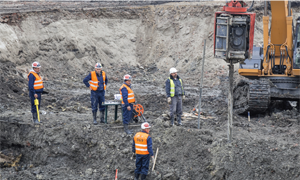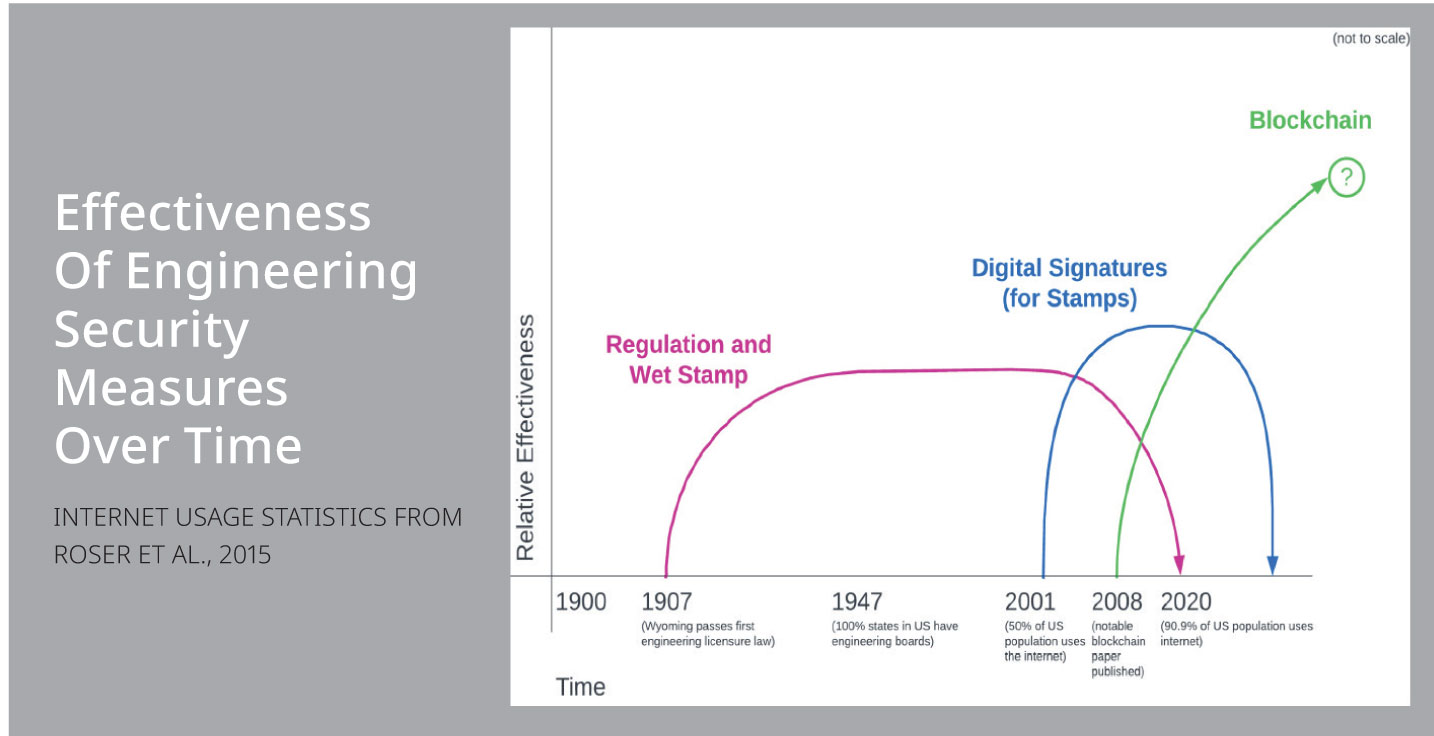July/August 2018
Communities: Construction
Identifying the Risks Lurking Below the Surface
 An industry-wide working group of geotechnical organizations has started an effort to build awareness about the risks associated with subsurface work and define best practices for reducing those risks.
An industry-wide working group of geotechnical organizations has started an effort to build awareness about the risks associated with subsurface work and define best practices for reducing those risks.
The group, formed in March, was established due, in part, to challenges from the continued growth of design-build and related project-delivery systems, says Chairman Victor Donald, P.E. Design-build is touted as a way for owners to save time and money, but the pressure to quickly complete projects can lead to the awarding of contracts before subsurface investigation is complete.
As Arthur Tipter, P.E., a member of the Deep Foundations Institute, explains in the May/June issue of Deep Foundations, some clients see geotechnical work as a “necessary evil,” a preliminary activity that can hold up progress.
On geotechnical projects, Donald explains, proposals are often solicited with inadequate subsurface characterization. Even if the subsurface characterization appears sufficient, he adds, it may be labeled “for information only,” which could leave the successful bidder on the hook for any subsurface variations from what they modeled in their bid preparation.
Accurately assessing subsurface conditions, however, can get a project started on the right foot. The project risk associated with differing subsurface soil, rock, or groundwater conditions typically accounts for the largest contingency in project cost and time estimates, something not all owners understand. “If they come to understand that,” Donald says, “they will realize that their investment in a complete and proper geotechnical baseline report is the best investment that they can make.”
Another reason for the creation of the working group was the commoditization pressures on the geotechnical profession. Procuring site characterization services based on lowest bid, says Donald, simply encourages the winning bidder to conduct the weakest scope of work.
At a higher level, the working group is also part of an effort to demonstrate professionalism in geotechnical engineering. Donald, national director of geotechnical services at Terracon, sees an opportunity to show that geotechnical engineers hold a significant professional responsibility and authority. “To get all parties to recognize this and even develop a better contractual means to provide this would be a significant advancement for the geotechnical profession,” he says.
The working group comprises the Deep Foundations Institute, ADSC–the International Association of Foundation Drilling, the Pile Driving Contractors Association, the Geo-Institute of ASCE, the Association of Engineering Geologists, the Geoprofessional Business Association, and the US Universities Council on Geotechnical Education and Research.


 Volunteering at NSPE is a great opportunity to grow your professional network and connect with other leaders in the field.
Volunteering at NSPE is a great opportunity to grow your professional network and connect with other leaders in the field. The National Society of Professional Engineers (NSPE) encourages you to explore the resources to cast your vote on election day:
The National Society of Professional Engineers (NSPE) encourages you to explore the resources to cast your vote on election day:


